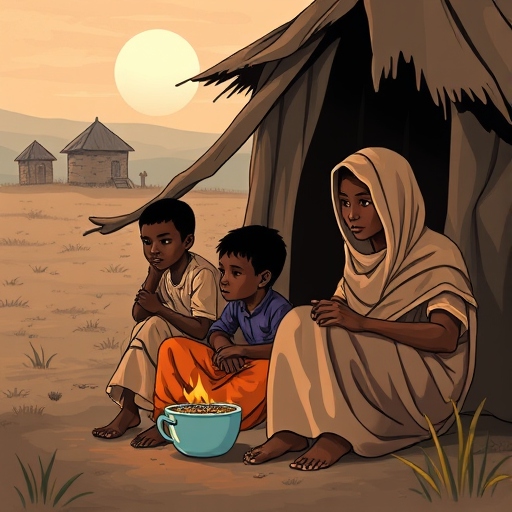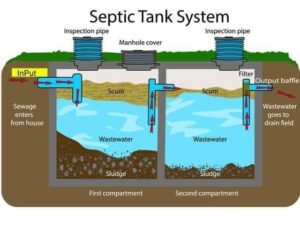Internal Displaced People (IDPs)

“Internally Displaced Persons are persons or groups of persons who have been forced or obliged to flee or to leave their homes or places of habitual residence, in particular because of or to avoid the effects of armed conflict, situations of generalized violence, violations of human rights or natural or human-made disasters and who have not crossed an internationally recognized State border”
Throughout East African countries, there are many inhabited communities are internally displaced persons (IDPs) because of protracted conflict and insecurity, have experienced impoverishment, often combined with drought, which induces mass population displacement. Additionally, IDPs have lost most of their assets and sources of livelihood including livestock, land, and have little access to stable employment. Despite a gradual return of some IDPs to their locations of origin, violence, food insecurity and water shortages continue to exacerbate the IDP situation. Notably, IDPs constitute nearly half of the estimated risky communities who live in a state of chronic humanitarian need.
Basic needs of vulnerable populations including the following:
- Adequate shelter
- Food security
- Health services
- Water and sanitation
- Education and capacity building for sustainable income-generating skills
- Access to economic opportunities.
Pollution:
In order to control pollutions at the IDP camps, a waste management will be introduced at camps by using a joint of depicts septic tank system, which is used to treat household wastewater. Sewage enters the first compartment of the tank, where solids settle at the bottom to form sludge, and lighter materials like grease rise to the top as scum. The partially treated wastewater flows into the second compartment, where further settling occurs. The output baffle and filter allow clarified wastewater to exit the tank and flow into a drain field for soil absorption. Regular inspection and maintenance of the system help prevent clogs and ensure efficient wastewater treatment.

Goals
Our Goals
If people cannot find safety, they will struggle to improve their lives. Our aim is to help those who are recovering from conflicts and disaster seek protection from harm, build safe communities and understand their human rights by.
- Ensuring that people are safe in their homes and receive support when they experience harm.
- Ensuring that students are safe in their schools and receive support when they experience harm.
- Ensuring that people are safe in their work places and receive support when they experience harm.
- Protect Environment by providing a cleaning cooking technology to the IDPs (https://cleancooking.org/sector-directory/som-biogas-and-energy-solutions/)

